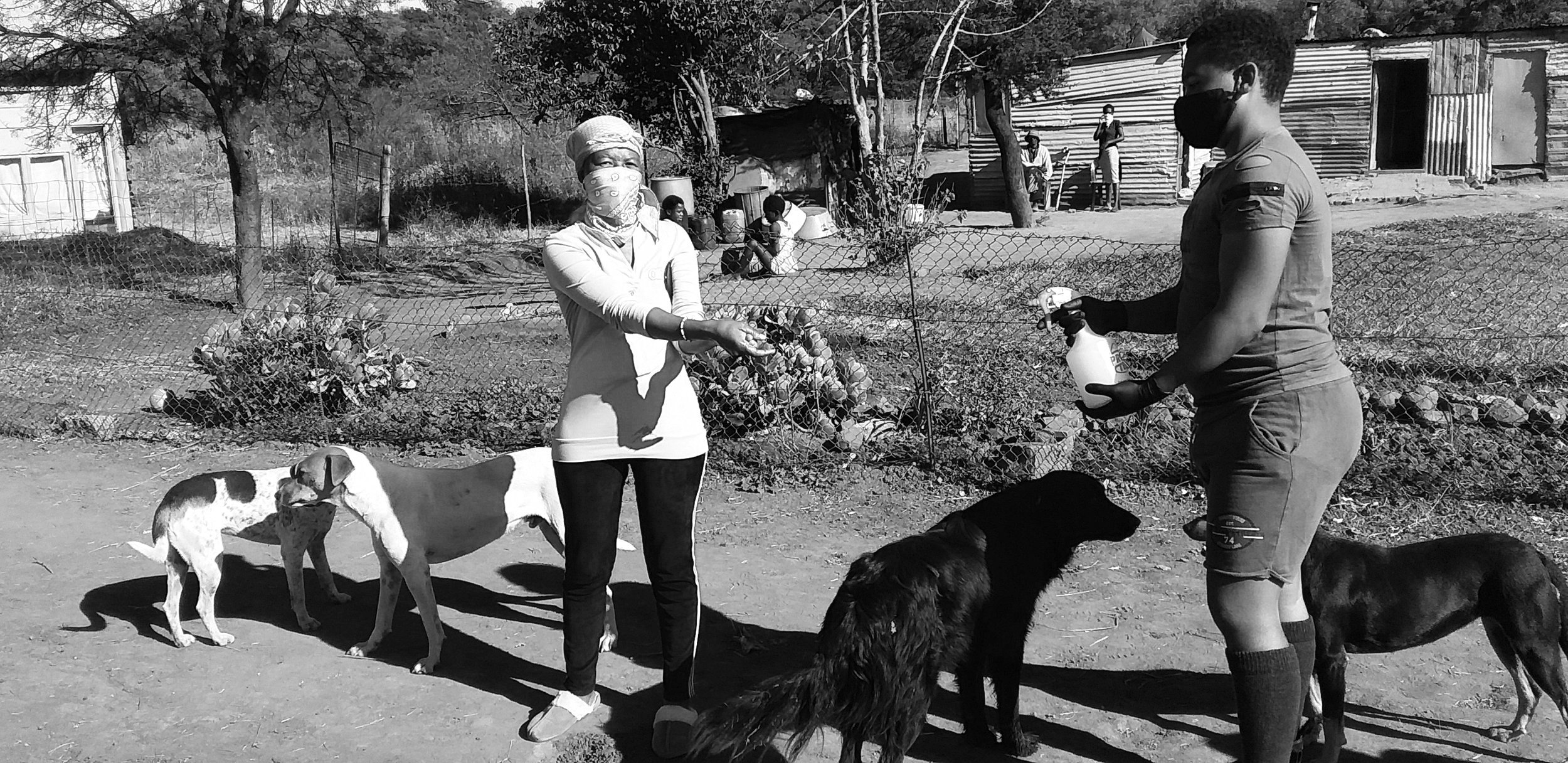
Our History
Botshibelo’s history
The Trust was begun in 1990 by Cornelius and Marion Cloete and their three daughters, Nicole, Leigh and Shanna. They left a privileged life in Johannesburg to provide a place of safety for destitute women and children in the rural environs. During the 90’s, during Apartheid and in its aftermath, farm workers suffered economic and social devastation. The BCDT property became a crisis centre for homeless or ill farm labourers and their families, evicted legally or otherwise.
In 1994, President Nelson Mandela implemented a socio-economic policy known as RDP, which promised subsidized government housing for the needy. BCDT provided free temporary land to the destitute as they awaited their government housing. Sadly, only 2% of residents have ever received their RDP houses. The remainder have stayed on at Botshibelo.
BCDT has 165 families, most of the orphans that grew up within the inner core BCDT are now given accommodation and have joined the Botshibelo team. Approximately 80% of all families have one or more members that have AIDS or chronic disease or disability.
Since inception, Botshibelo, or Botshibelo Community Development Trust (BCDT) has evolved with the Community’s changing needs. However, our primary emphasis was and is to provide a place of safety for poor and destitute citizens.
During the ‘90’s, the community faced a substantial death rate due to HIV/AIDS. This scourge killed many parents, grandparents and relatives, leaving a large number of orphans with no extended family support. During this time, BCDT operated a communal living orphanage which placed six children under one BCDT caretaker.
In the 2000’s we moved to a nuclear-family based Foster Care system. Additionally, the educational outreach arm provides temporary homes for children and their impoverished familes to enable schooling. We also focused on economic sustainability, and social work of juvenile crime, arrests, and rehabilitation into village life.
Thirty years on, we still concentrate on all the above areas but with operational skills gained from practical day-to-day work on the ground. Covid-19, GBV, femicide, human trafficking, counselling, and life coaching, education, 24-hour availability for emergency injuries or illnesses, unemployment and general nutrition area of intervention after 2000 to 2021.
2020 and 2021 saw the Covid-19 pandemic, which exposed and exacerbated the existing fractures in the society, along with even deeper poverty. It has required BCDT to reassess and realign itself to adequately deal with the increased poverty, homelessness and hunger facing impoverished farm labourers, AIDS survivors, and unemployed youth, who continue to turn to us.

